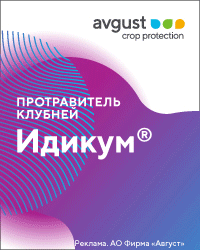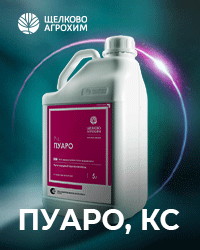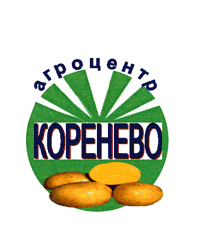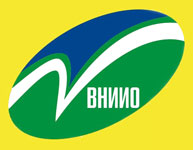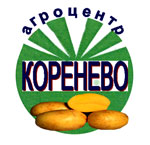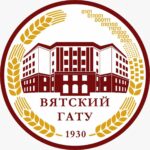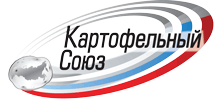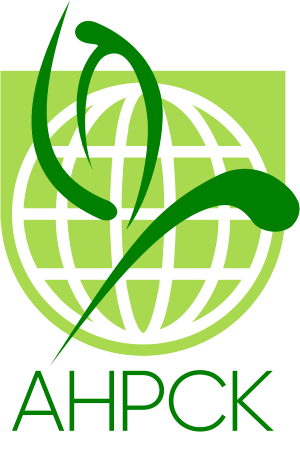UDC 544.773.432:635.132
https://doi.org/10.25630/PAV.2023.24.74.001
Yanchenko A.V., Fedosov A.Yu., Menshikh A.M., Azopkov M.I., Golubovich V.S.
Polymer hydrogels (superabsorbent polymer) are a water-retaining, biodegradable amorphous polymer that can absorb and retain water at least 400 times its original weight, and gradually gives away at least 95% of the accumulated water available for absorption by plants. The purpose of the research is to study the possibility of using resource-saving technology for the production of carrots and beets on a profiled surface in the absence of irrigation using polymer agrogels. The research was carried out in 2017–2019 at the ARRIVG – branch of FSBSI FSVC. The soils of the experimental site belong to the type of alluvial meadow saturated soils. The object of research is carrots in non-irrigated conditions of the Moskvoretsky floodplain. The work was carried out with the Royal Forto carrot variety. On carrot crops, the domestic polymer acrylamide moisture-absorbing brand AK-639 was used, which should be used when cutting combs in an amount of 17.5 g/m2 to a depth of 5–10 cm. Experience options: 1) control (without application), 2) treatment with polyacrylamide (17.5 g/m2). The area of the experiment is 0.07 ha, plots – 84 m2, accounting plots – 42 m2, the repetition is threefold. The seeds of the sown crops corresponded to GOST 32592–2013 «Seeds of vegetable, melon crops, fodder root crops and fodder cabbage. Varietal and sowing qualities. General technical conditions». When conducting research, we were guided by generally accepted methods. The addition of moisture-absorbing polymers to the soil delays the evaporation of water and outflow due to gravity, thereby making water available to plants in the upper layers of the soil, creating favorable conditions for the growth and growth of plants for a longer period of time, reducing dependence on short-term droughts, increasing the yield of standard carrot root crops by 20.61% relative to the non-use option polymer gels. On average, in 2017–2019, the yield of standard carrot root crops of the Royal Forto variety in conditions without irrigation with the use of polymer water-retaining gels was 50.9 t/ha, without the use of agrogels – 42.2 t/ha.
Key words: technology, carrot, field generation, absorbents, moisture retention
Yanchenko A.V., Cand. Sci. (Agr.), leading research fellow, Department of Technology and Innovation. E-mail: laboratoria2008@yandex.ru
Fedosov A.Yu., junior research fellow, Department of Technology and Innovation. E-mail: fffed@rambler.ru
Men'shikh A.M., Cand. Sci. (Agr.), leading research fellow of Department of Technology and Innovation, ARRIVG – branch of FSCVG. E-mail: soulsunnet@gmail.com
Azopkov M.I., Cand. Sci. (Agr.), leading research fellow, Department of Technology and Innovation. E-mail: max.az62@yandex.ru
Golubovich V.S., Cand. Sci. (Agr.), senior research fellow, Department of Technology and Innovation. E-mail: ded44@yandex.ru
All-Russian Research Institute of Vegetable Growing – branch of the FSBSI Federal Research Vegetable Center (ARRIVG – branch of FSBSI FSVC)
- Evans I.S., Bowman D.C. The effectiveness of hydrogels in container plant production is reduced by fertilizer salts. Foliage Dig. 1990. No3. Pp. 3–5.
- Nirmala A., Thirupathaiah G. Hydrogel superabsorbent polymer for water and nutrient management in horticultural crops – review. International Journal of Chemical Studies. 2019. Vol.7(5). Pp. 787–795.
- Allahdady I. Examining application effects of super absorbent hydrogels on reducing drought stress in plants. Pakistan journal of biological sciences. 2002. Vol.10(23). Pp. 4190–4196.
- Kabiri R. Introduction and Application of Super Absorbent Hydrogels, the Third Training Course and Seminar on Agricultural Applications of Superabsorbent Hydrogels. Iranian Polymer Journal. 2005. Vol.17(6). Pp. 451–477.
- Orzolek M.D. Reduction of nitrogen requirement for vegetable production with polymers. Proc. 23rd Natl. Agr. Plastics Congr. 1991. Vol.23. Pp. 204–210.
- Akobyan A.A. Economic efficiency of the use of moisture-saving hydrogel Aquasors in the technology of cultivation of seedlings of vegetable crops. Agronauka. 2015. No7–8. Pp. 270–273 (In Russ.).
- Effectiveness of moisture storage in seed production of two-year-old vegetable crops. A.P. Zvedenyuk, V.I. Kazaku, D.F. Fuchedzhi, A.G. Zhmurko. Vegetable growing and greenhouse farming. 2017. No11. Pp. 42–47 (In Russ.).
- Okolelova A.A. et al. Application of hydrogel in soils: monograph. Volgograd. IPK FGBOU VO Volgograd GAU “Niva”. 2016. 104 p.
- Azopkov M.I. Polyacrylamide increases field germination of seeds and carrot yield in non-irrigated conditions. Potato and vegetables. 2012. No7. P. 21. (In Russ.).
- Gumennyi V.A. Hydrogel introduced into the soil is the key to a high beet harvest. Potato and vegetables. 2012. No1. Pp. 12–13 (In Russ.).
- Innovative technologies of irrigation of vegetable crops. A.Yu. Fedosov, A.M. Men'shikh, M.I. Ivanova, A.A. Rubtsov. Moscow. “Kim L.A.”. 2021. 306 p. (In Russ.).
For citing: The use of polymer gels in the production of carrot root crops. A.V. Yanchenko, A.Yu. Fedosov, A.M. Menshikh, M.I. Azopkov, V.S. Golubovich. Potato and vegetables. 2023. No1. Pp. 20-23. https://doi.org/10.25630/PAV.2023.24.74.001 (In Russ.).

